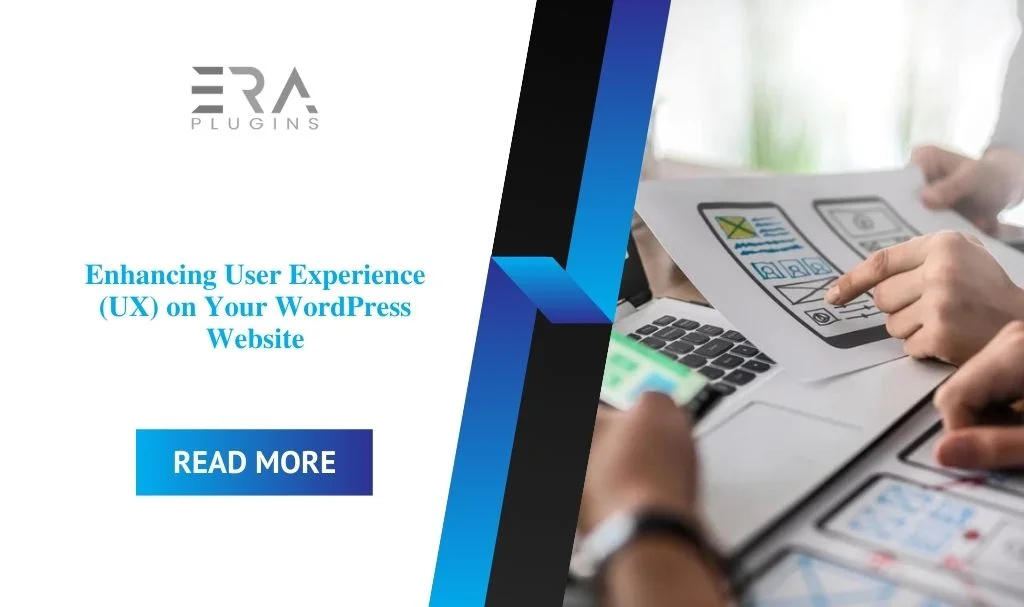Providing a positive user experience is crucial for keeping visitors engaged and encouraging them to explore your WordPress website further. Here are some strategies to enhance UX:
- Mobile-Friendly Design: Ensure your website is responsive and displays correctly on various devices, including smartphones and tablets.
- Fast Loading Times: Optimize images, use caching, and choose a reliable hosting provider to improve page loading speed.
- Clear Navigation: Organize your menus and content in a logical manner, making it easy for users to find what they’re looking for.
- Readable Typography: Choose legible fonts and appropriate font sizes for easy reading.
- Whitespace and Layout: Use ample whitespace to avoid clutter and create a clean layout that guides users’ eyes.
- Consistent Branding: Maintain consistent colors, fonts, and design elements to reinforce your brand identity.
- Accessible Design: Ensure your website is accessible to all users, including those with disabilities. Use alt text for images and follow accessibility guidelines.
- Easy-to-Use Forms: If you have forms on your site, keep them simple and intuitive to fill out.
- Visual Hierarchy: Use headings, subheadings, and font styles to establish a clear visual hierarchy that highlights important information.
- Engaging Imagery: Incorporate high-quality images and visuals that are relevant to your content.
- Limited Pop-ups: Use pop-ups sparingly and avoid interrupting the user experience.
- Minimal Distractions: Minimize ads and unnecessary elements that could distract users from your main content.
- Clear Call-to-Action (CTA): Make your CTAs stand out with contrasting colors and persuasive language.
- Quick Contact Information: If applicable, provide easily accessible contact details for users who want to get in touch.
- Breadcrumb Navigation: Implement breadcrumb navigation to help users understand their location on your website.
- Search Functionality: Include a search bar to help users find specific content quickly.
- Error Handling: Design user-friendly error pages that guide users back to your site instead of leaving.
- Regular Testing: Continuously test your website’s usability and gather feedback from users to identify areas for improvement.
A user-centered approach to web design and continuous optimization will help create an enjoyable and memorable experience for your visitors.





